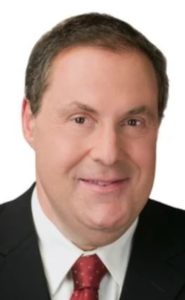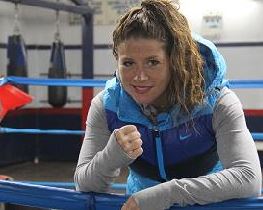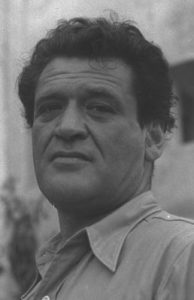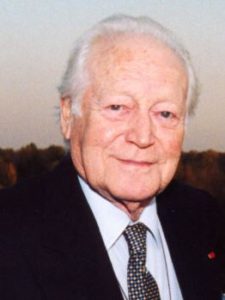World’s Greatest Sports Commentator
 Andrés Cantor (b. 1962) was born in Buenos Aires, Argentina to Jewish parents of Romanian and Polish heritage. His grandparents fled to Argentina during the Holocaust. Cantor spent the latter half of his youth in California, where he played soccer for his high school team and edited the sports section of the school paper. After interning at the 1982 FIFA World Cup in Spain, he officially became a sports journalist. Cantor got a job as a play-by-play sports commentator for Spanish-language TV in America. Soon, he became famous for his long and loud “goaaaaaaal” calls. Though he did not come up with it, he has been credited with making it world-famous. He first used it during the 1990 FIFA World Cup in Italy, and introduced it to English-speaking audiences during the 1994 World Cup that was held in the US. By the 1998 World Cup, Cantor was featured making the goal call in a popular Volkswagen commercial (also in 2014), and the Telemundo network has since turned it into a ringtone. Aside from the goal call, Cantor is famous for his deep knowledge of sports and his excellent and insightful overall commentary. He was the main Spanish commentator for the 2004 and 2012 Olympic Games, and also did English commentary during the 2000 and 2008 Olympics, and commentary in both languages in the 2021 Tokyo Olympics. He is currently Telemundo’s lead announcer at the 2022 FIFA World Cup in Qatar. He also hosts a daily radio show called Futbol de Primera, broadcast across 100 different stations, and has written a book, Goooal! A Celebration of Football. Cantor voiced himself in a 2014 episode of The Simpsons (see the clip here). In 1994, he was America’s “Sports Personality of the Year”, and has received an award from the National Soccer Hall of Fame. He has won a whopping six Emmy Awards for broadcasting. FIFA described him as one of the greatest sports commentators of all time.
Andrés Cantor (b. 1962) was born in Buenos Aires, Argentina to Jewish parents of Romanian and Polish heritage. His grandparents fled to Argentina during the Holocaust. Cantor spent the latter half of his youth in California, where he played soccer for his high school team and edited the sports section of the school paper. After interning at the 1982 FIFA World Cup in Spain, he officially became a sports journalist. Cantor got a job as a play-by-play sports commentator for Spanish-language TV in America. Soon, he became famous for his long and loud “goaaaaaaal” calls. Though he did not come up with it, he has been credited with making it world-famous. He first used it during the 1990 FIFA World Cup in Italy, and introduced it to English-speaking audiences during the 1994 World Cup that was held in the US. By the 1998 World Cup, Cantor was featured making the goal call in a popular Volkswagen commercial (also in 2014), and the Telemundo network has since turned it into a ringtone. Aside from the goal call, Cantor is famous for his deep knowledge of sports and his excellent and insightful overall commentary. He was the main Spanish commentator for the 2004 and 2012 Olympic Games, and also did English commentary during the 2000 and 2008 Olympics, and commentary in both languages in the 2021 Tokyo Olympics. He is currently Telemundo’s lead announcer at the 2022 FIFA World Cup in Qatar. He also hosts a daily radio show called Futbol de Primera, broadcast across 100 different stations, and has written a book, Goooal! A Celebration of Football. Cantor voiced himself in a 2014 episode of The Simpsons (see the clip here). In 1994, he was America’s “Sports Personality of the Year”, and has received an award from the National Soccer Hall of Fame. He has won a whopping six Emmy Awards for broadcasting. FIFA described him as one of the greatest sports commentators of all time.
The Mexican Rabbi Giving Out Free Kosher Burgers in Qatar
Words of the Week
Slowly and by degrees, science is being brought to recognize in the universe the existence of One Power, which is of no beginning and no end; which existed before all things were formed, and will remain in its integrity when all is gone – the Source and Origin of all… This sum total of scientific discoveries of all lands and times is the approach of the world’s thought to our Adon Olam, the sublime chant by means of which the Jew has wrought and will further work the most momentous changes in the world.
– Waldemar Haffkine, renowned scientist and “saviour of humanity”



